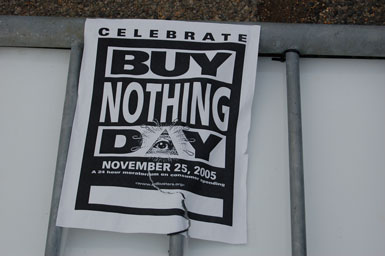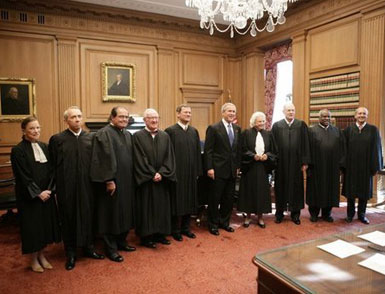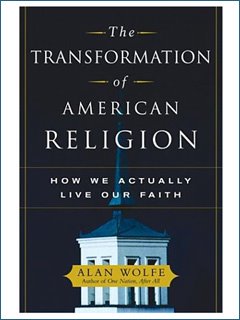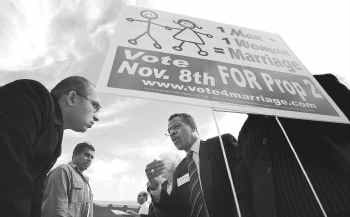

Bush, left; Berezovsky, right
This morning my partner and I were commiserating in a languid way over the decline of U.S. democracy -- asking ourselves if we'd ever get rid of the Bush dynasty? Do we face Jeb in the future? Wonder what the twins will do with themselves if they ever have to stop partying? Finally she asked, "whatever happened to Neil?"
For me, Neil is a vaguely-remembered name in a Gulf War I era chant. We proclaimed support for the unfortunate troops sent out to play in George I's excellent adventure with the message: "Send George Bush; send Dan Quayle; send Neil Bush when he gets out of jail." The current President's younger brother was a prominent beneficiary of the looting of a savings and loans company in the 1980s. According to the Wikipedia, though he avoided charges in the Silverado S&L fraud case "Bush was fined $50,000 as a consequence of his actions and he was restricted from undertaking future banking activity."
Haven't heard much of him since -- guess they have him under wraps. Still I wasn't surprised to run across this Jefferson Morley item -- apparently Neil is now a running buddy of Boris Berezovsky, post-Soviet Russia's first billionaire who used his access to the Chechen mafia and friendship with the ruler Boris Yeltsin to snap up state assets in the early 1990s. He later fell out with present Russian President Putin and had to decamp to Britain where he enjoys protection from extradition on fraud charges. A reporter for Forbes magazine who wrote that Berezovsky had rivals murdered turned up murdered himself in Moscow in 2004.
This lovely character apparently joined the less flamboyant Neil Bush on a visit to Latvia in September that caused an international incident. The Russian government still wanted Berezovsky turned over for prosecution; the Latvian government certainly wasn't going to yank the traveling chum of a brother of the U.S. President. In November, Latvia finally said they wouldn't let Berezovsky visit again freely, regardless of who he was traveling with.
Naturally, none of this made a splash in the U.S. media; mafia bosses and dynastic intrigue are just so passé.





























